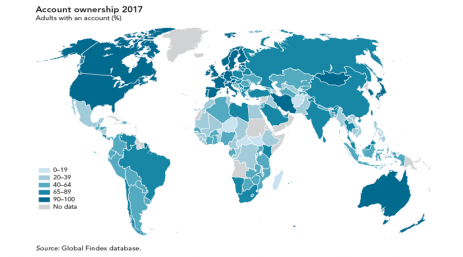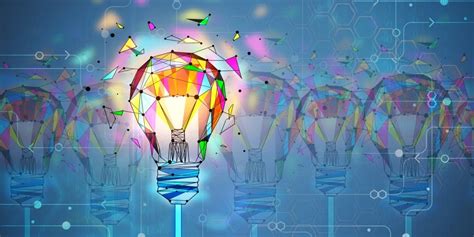Category: Human Development
-

The Environment and “Socialist” States
Thirty-six years after it first broke the news for the wrong reasons, Chernobyl is back in the headlines thanks to the horrible and absurd Russian invasion. Sixteen months before the well-known Soviet nuclear meltdown of 1986, a plant located in Bhopal, India, owned and run by a private U.S corporation, released a lethal gas into…
-
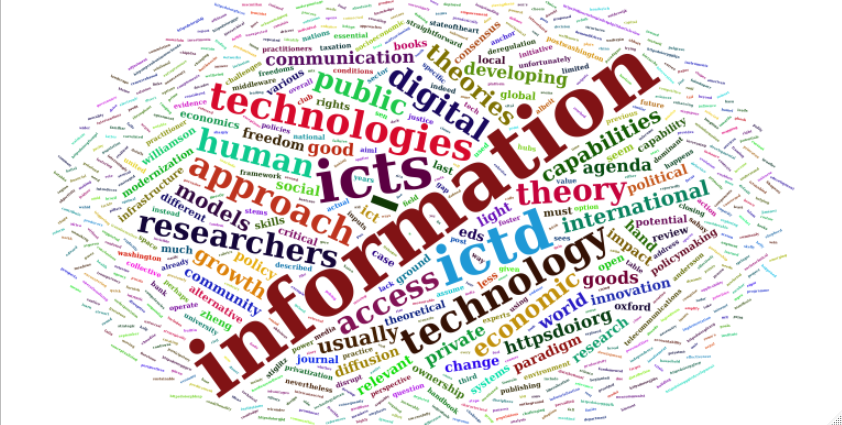
ICTs and Development Theories – II
Linking ICTs to development External researchers and experts poking for the first time into ICTD might assume that the field has, 30 years after its birth, a cohesive theory on how ICTs impact development. Unfortunately, that is not the case. If ICTD was a digital platform, we could conclude that its middleware seems to be…
-

ICTs and Development Theories – I
ICTD overview The field of ICTD first saw the light over 30 years ago1 Selected references are provided at the end of the 2nd part of this post. Its overall scope is ambitious as it covers several sectors and thematic areas. Indeed, ICTD comprises three core elements: ICTs, development – yet another large and complex…
-
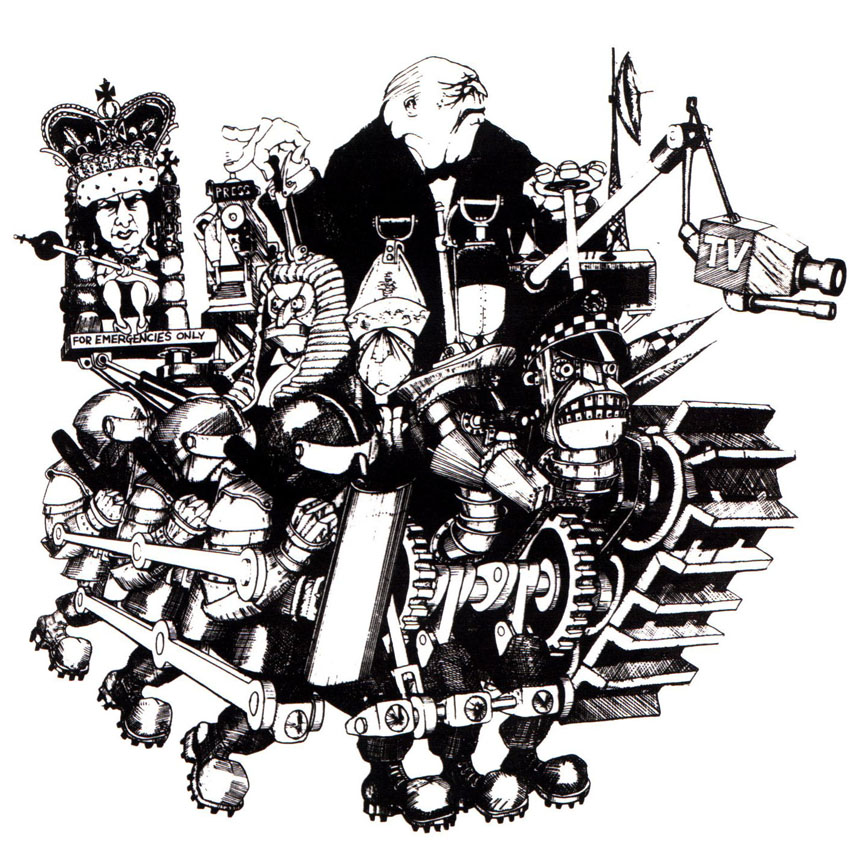
State Capacity and Digital Technologies – I
To the Moon and Back It was my elder sister’s 25th birthday when Apollo 11 landed on the moon. We watched the unprecedented event on B&W TV – our grandma openly expressing total skepticism. We then went out for a family celebration. Funny, I still vividly remember the restaurant where we dined, which, needless to…
-

Hacking Public Policy Making with AI
Modern Evidence-based Policy Making (EBPC) has been around for 25 years, imported into the mainstream from the health sector and its success with randomized controlled trials. The latter has now spread to many other sectors and research areas. A few years back, a couple of economists won the so-called Nobel prize for wholeheartedly embracing such…
-
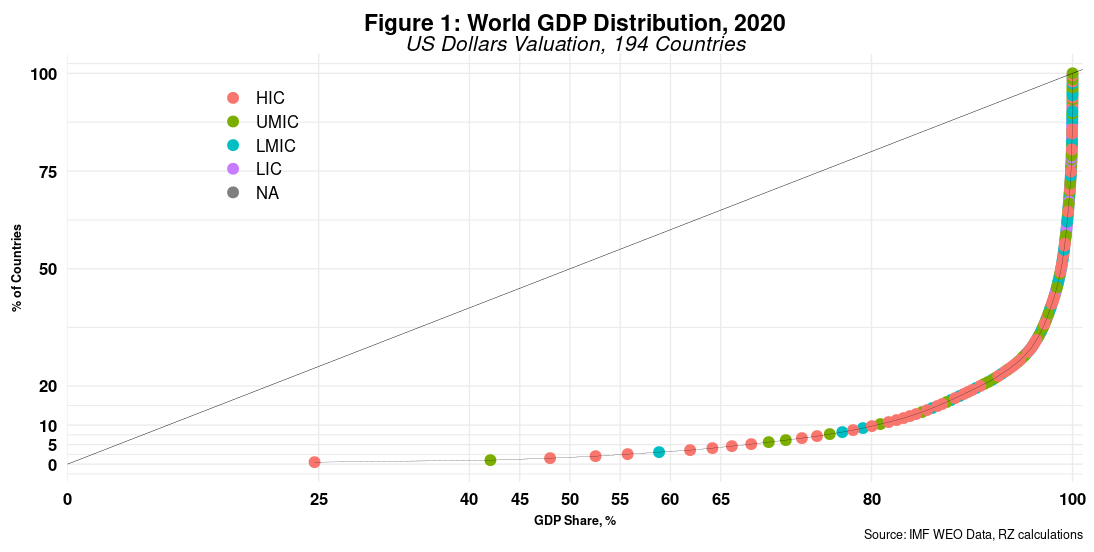
Global Wealth Distribution
GDP (Gross Domestic Product), the statistic most frequently used to measure wealth creation in terms of goods and services, has been the subject of critical review for the last 25 years. Green National Accounting (GNA) and the ensuing Green National Product (GNP) have been suggested as an alternative that captures the impact of capitalist development…
-
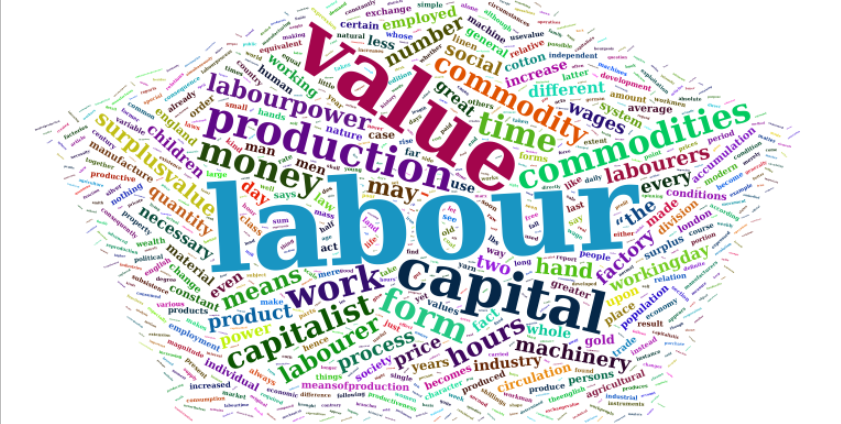
A Fuzzy Das Kapital Word Cloud
A few months ago, the top U.S. General was summoned by a Congressional Committee to explain why “Critical Race Theory” was being taught in the military. The General’s response built on the idea that the better one knows the enemy, the higher the chances of winning. Fighting unknowns is just like shooting in the dark,…
-

Digital Government and Social Leaders
As part of an online course on Digital Government for Social Leaders, I was asked to develop a script for a five-minute animation where an Avatar will introduce the topic and entice the leaders to embrace it as part of their political agendas. The animation introduces the short course and is complemented by a more…
-
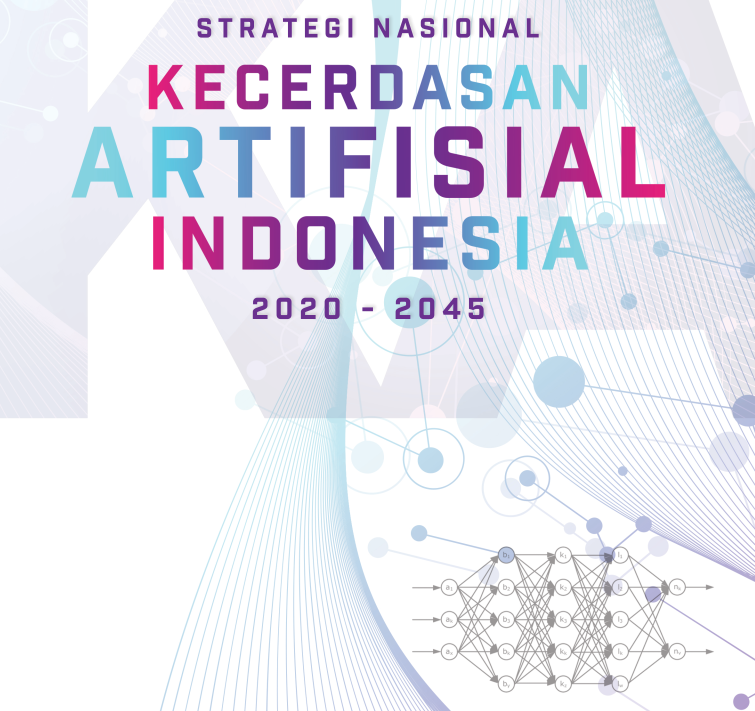
AI National Policies – III
Policy Evolution Comparatively speaking, AI national policies and strategies have evolved much slower than other digital strategies such as ICT, Digital Government, and Open Data. That might seem paradoxical given the systemic benefits and risks of the revived and now resurgent technology, undoubtedly more significant than any previous innovations. Nevertheless, in the early days, skepticism…
-
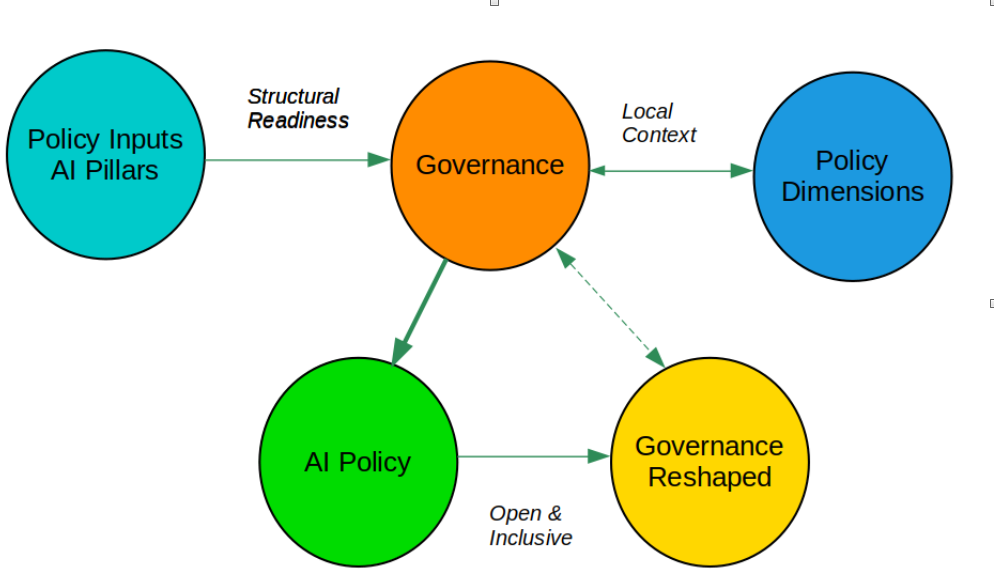
AI National Policies – II
As mentioned in the previous post, policymakers should skip over the dominant technology-centered AI perspective and instead position AI as a multi-dimensional structure cutting across all sectors. Indeed, national AI policy effectiveness depends to a large extent on the AI vision policymakers adopt. Unfortunately, for many policymakers in low-income countries, AI appears almost irrelevant, given…
-
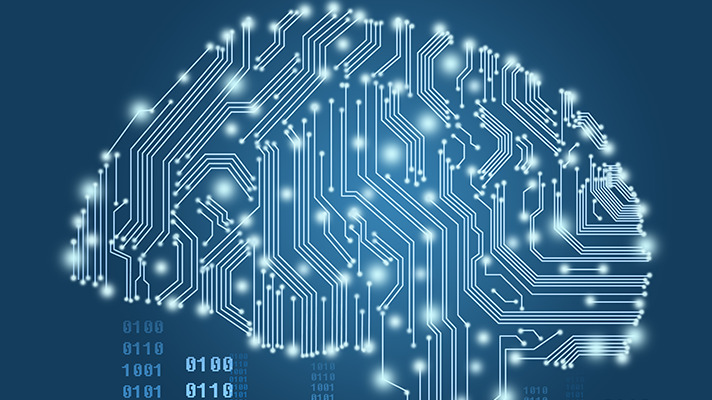
AI National Policies – I
National policy development on new digital technologies has become a staple since the emergence of the Internet in the early 1990s. It has certainly not been limited to most advanced countries. Nations in the Global South have also climbed the same steep and now long policy slopes, albeit rarely being leaders in emerging areas. Catching…
-

AI Topography
For the last 30 years, the seemingly endless number of so-called technology revolutions invading our expansive yet decaying landscape has been accompanied by a proliferation of wide-ranging publications, usually playing catch-up while trying to predict the future on the spot. That has certainly been the case since the official birth of the Internet. In the…
-

Waiting for yet another Industrial Revolution
The PC revolution. The Internet revolution. The mobile revolution. The social media revolution. The blockchain revolution. And the AI re-revolution. We seem to be living in times of Permanent Revolution. Also reminds me of the Age of Revolution that thrived a couple of centuries ago. Back then, social uprising calling for regime change was the…
